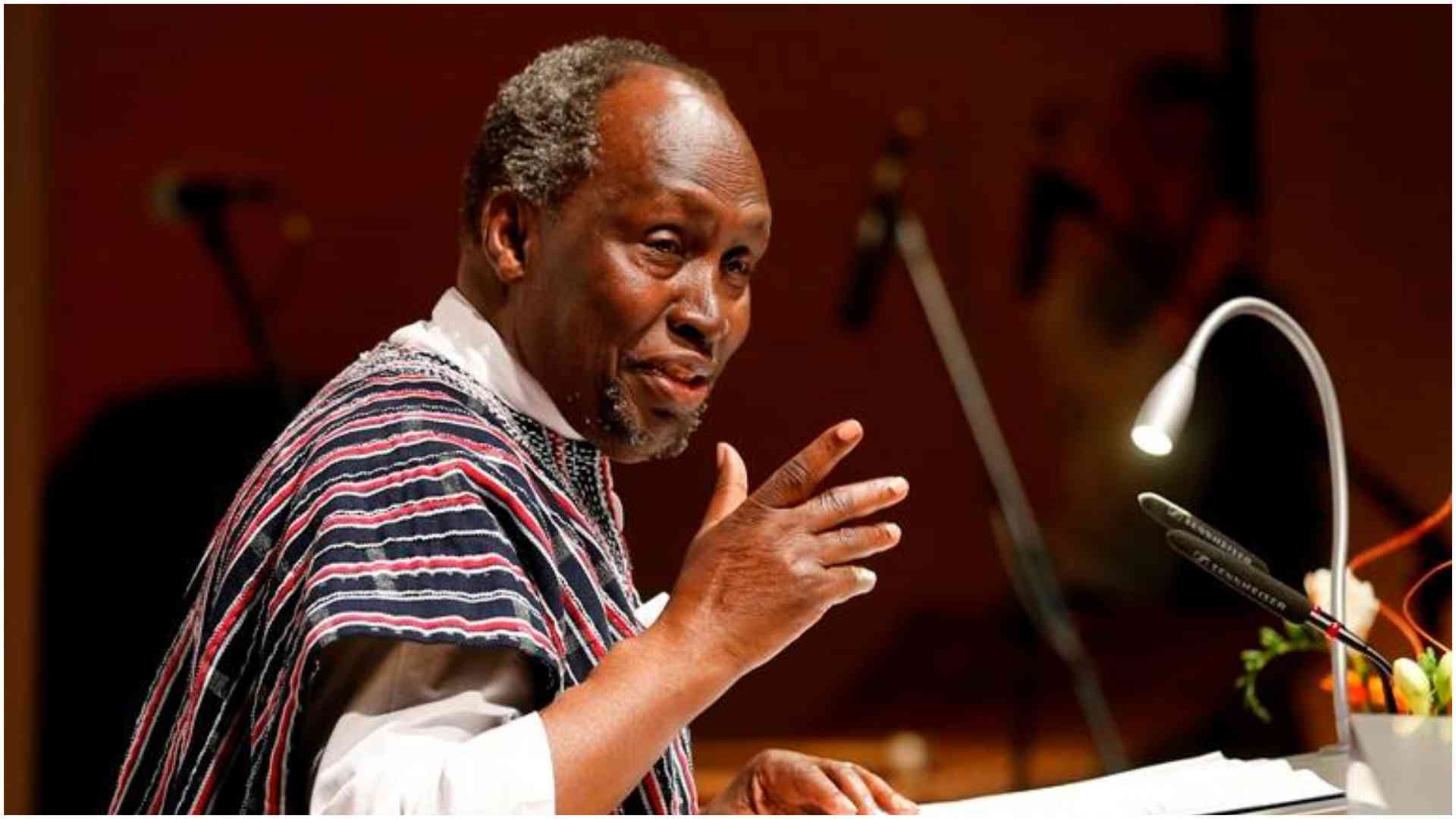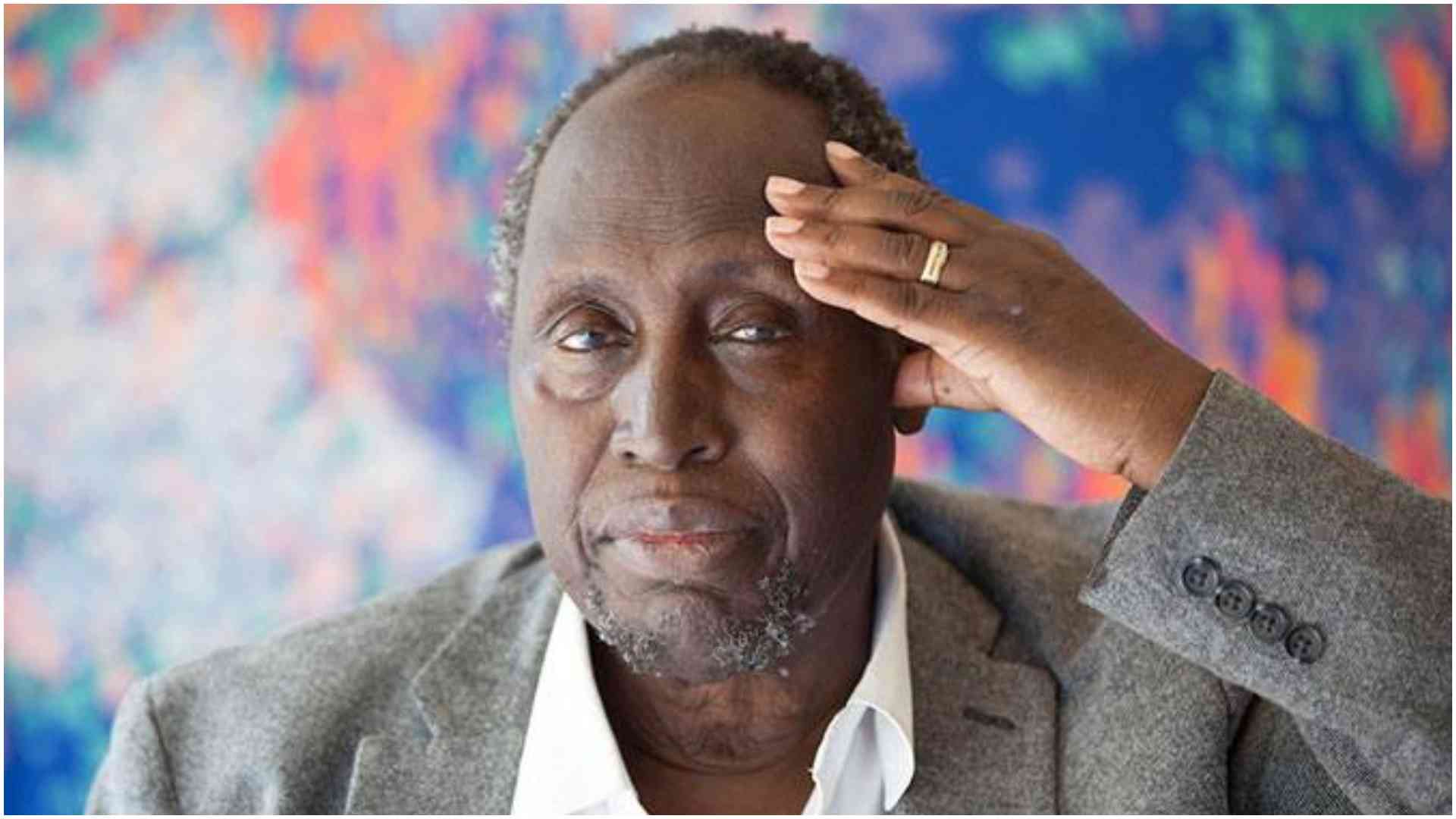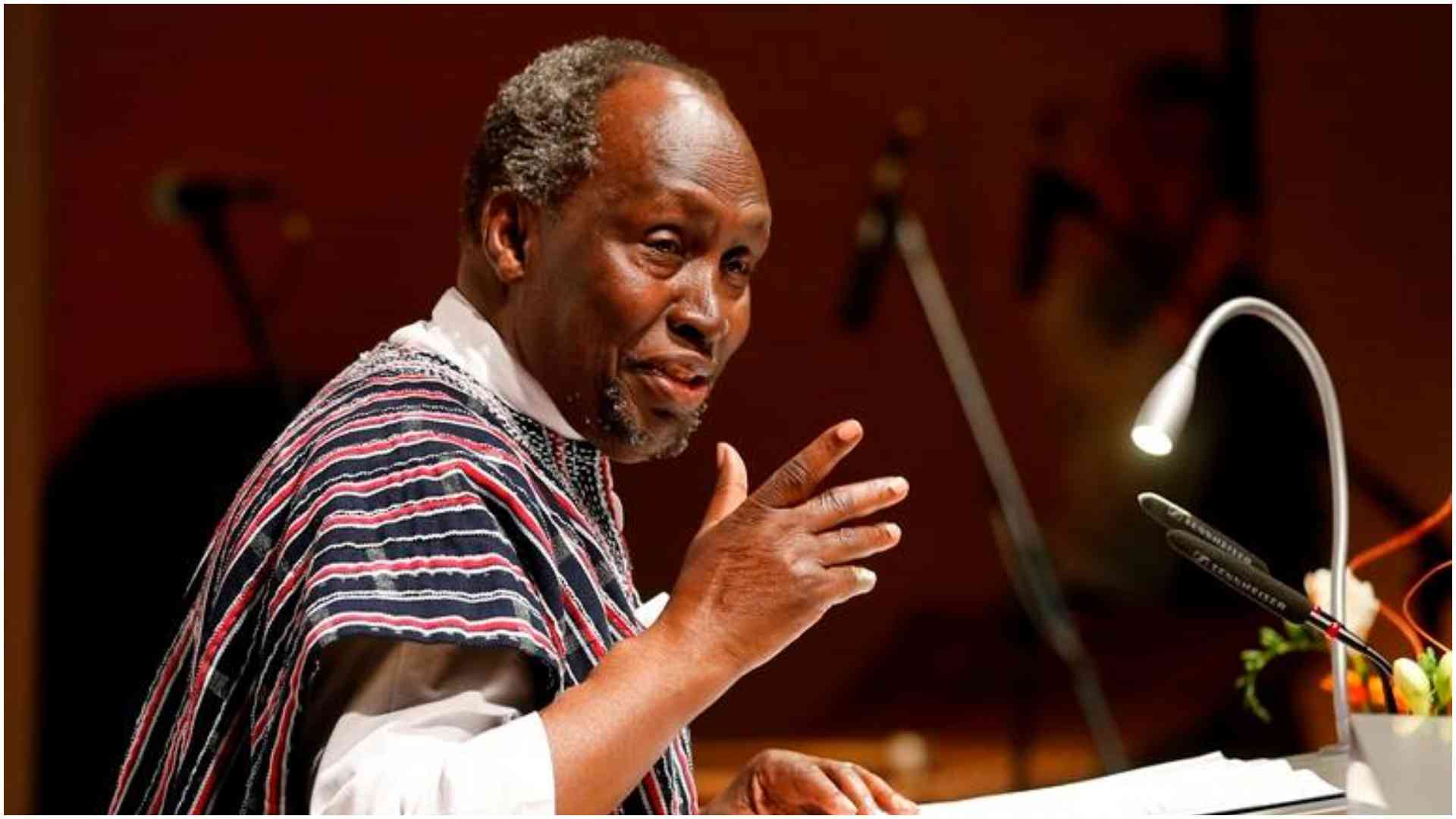As the world mourns the death of renowned author Ngugi wa Thiong’o, a past interview where he spoke strongly about the importance of knowing one’s mother tongue has resurfaced.
In an interview with journalist Larry Madowo, Ngugi said he had no respect for people who did not know their mother tongue, calling it a form of enslavement.
“If you know all the languages of the world but not your mother tongue, that is enslavement. But if you know your mother tongue and add all the languages of the world to it, that is empowerment,” he said.
Ngugi, a strong supporter of African languages and culture, said that true global identity comes from self-understanding.
“If I am born Black, I do not want someone to make it a problem for me. If I am born into a certain language, I do not want it made into a problem. Why is their language considered more of a language than mine?” he asked.
“If you know all the languages of the world but don’t know your mother tongue, that is enslavement,” Ngũgĩ wa Thiong’o told me in 2015.
“Tribalism is a colonial invention,” he added pic.twitter.com/MvnLPpQfls
— Larry Madowo (@LarryMadowo) May 29, 2025
The video sparked mixed reactions online.
@averageMohamed posted, “In honour of the mugumo tree that fell today, we say in Gikuyu — to the son of Mumbi, son of Africa, proudly Kenyan, rest in peace.”
User Yulemrasta commented, “I wonder why people laugh when someone messes up words or writes poor English grammar, forgetting that English is just an addition. RIP.”

Githura Ihugo added, “Ngugi regarded Kiswahili as a foreign language. I never heard him promote the use of Kiswahili in Kenya. He did not stress its importance in nation-building or identity.”
Ngugi died at the age of 87 after living with prostate cancer since 1995. He was not only known for his books but also for championing African identity, languages, and cultures. He believed that no one should be ashamed of their language, no matter how many other languages they spoke.
His death was felt deeply in Kenya and across the world by fans, readers, and scholars. Among those who paid tribute was President William Ruto, who wrote on X, “The towering giant of Kenyan letters has put down his pen for the final time. Always courageous, he made an indelible impact on how we think about independence, social justice, and the use and abuse of political and economic power.”

Former Deputy President Rigathi Gachagua wrote, “The passing of Prof. Ngugi wa Thiong’o has orphaned Africa. We, the students of literature, feel the loss deeply. He was a mentor, teacher, prolific writer, poet, honest man, and a great political figure.”
Throughout his life, Ngugi encouraged Africans to tell their stories in their own languages. He also wrote several books in Kikuyu, including Caitan Mutharaba, Ngaahika Ndeenda, and Matigari, which reflected his belief that using one’s mother tongue is a strength, not a weakness.


